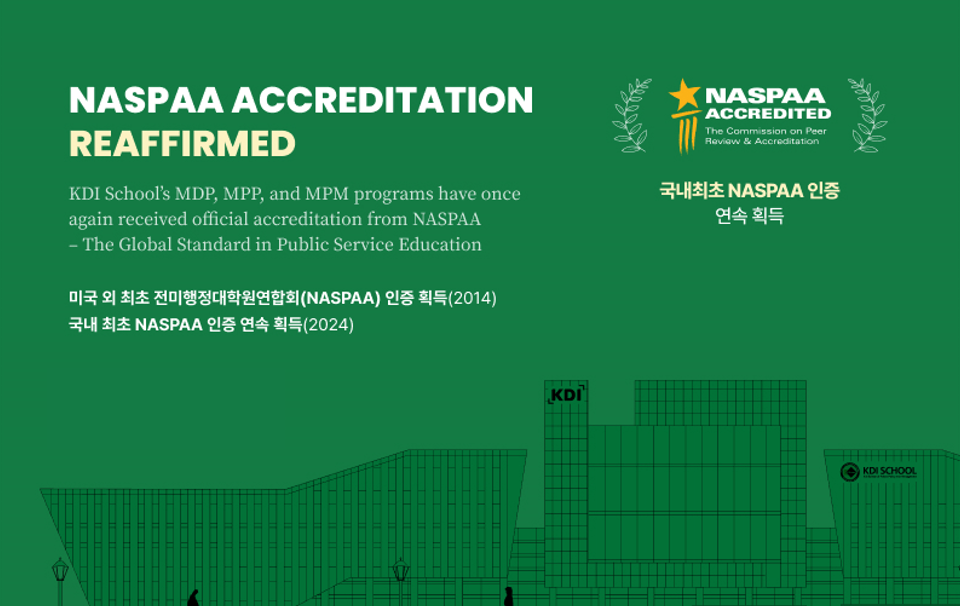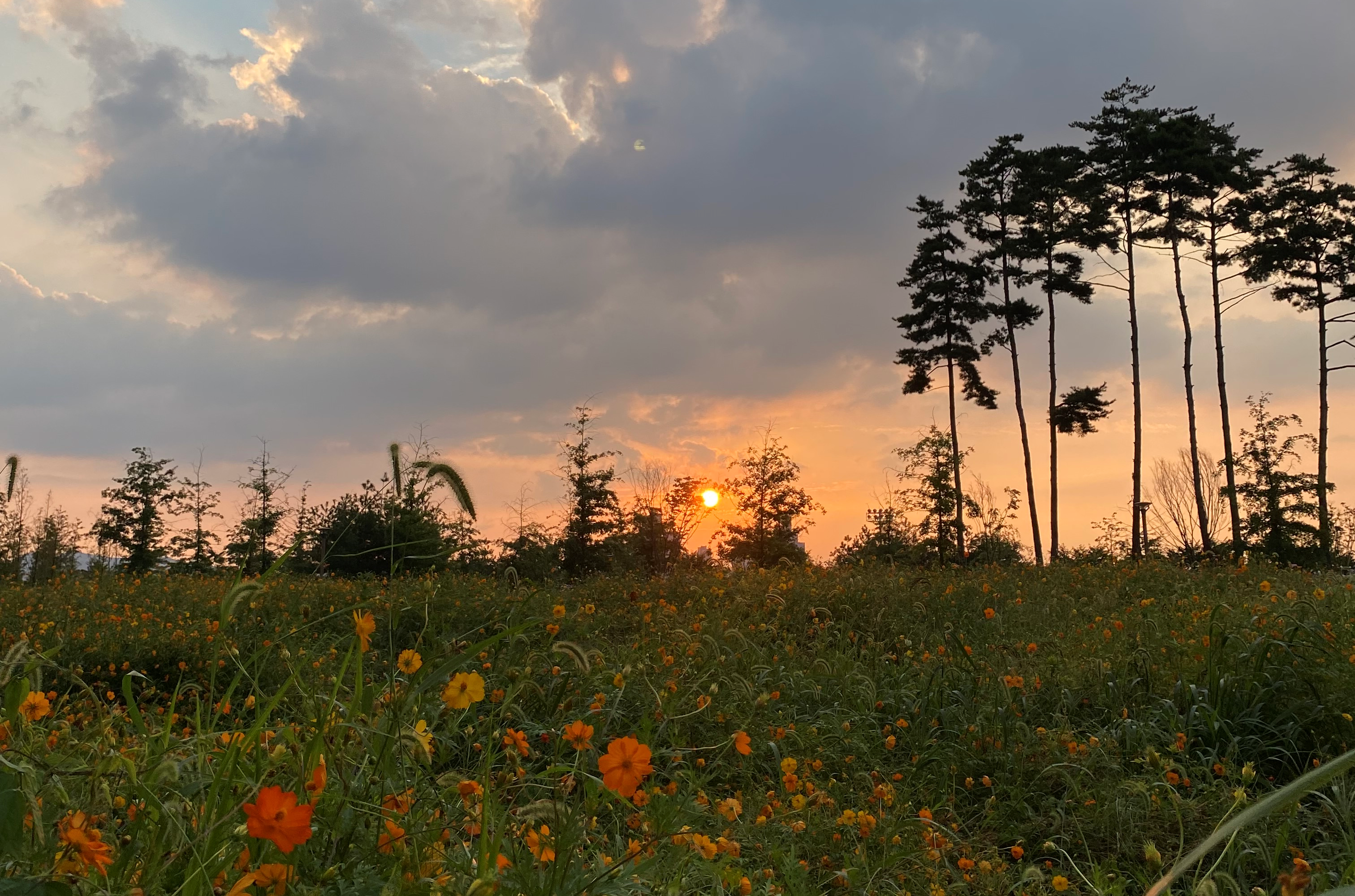
My Takeaway from the Knowledge Exchange Days: Field Trips and Learning
- Date 2025-03-13 10:00
- CategoryResearch and Education
- Hit917
It is often said that those who fail to learn from history are destined to repeat its mistakes—a well-worn cliché, perhaps, but one that holds undeniable truth. If you have traveled around Korea, you probably can’t help but admire how they preserve their history. Picture this, that history in a building a little over 60 years old. A nation’s development history is held in different halls and told repeatedly…for we dare not forget where we came from.
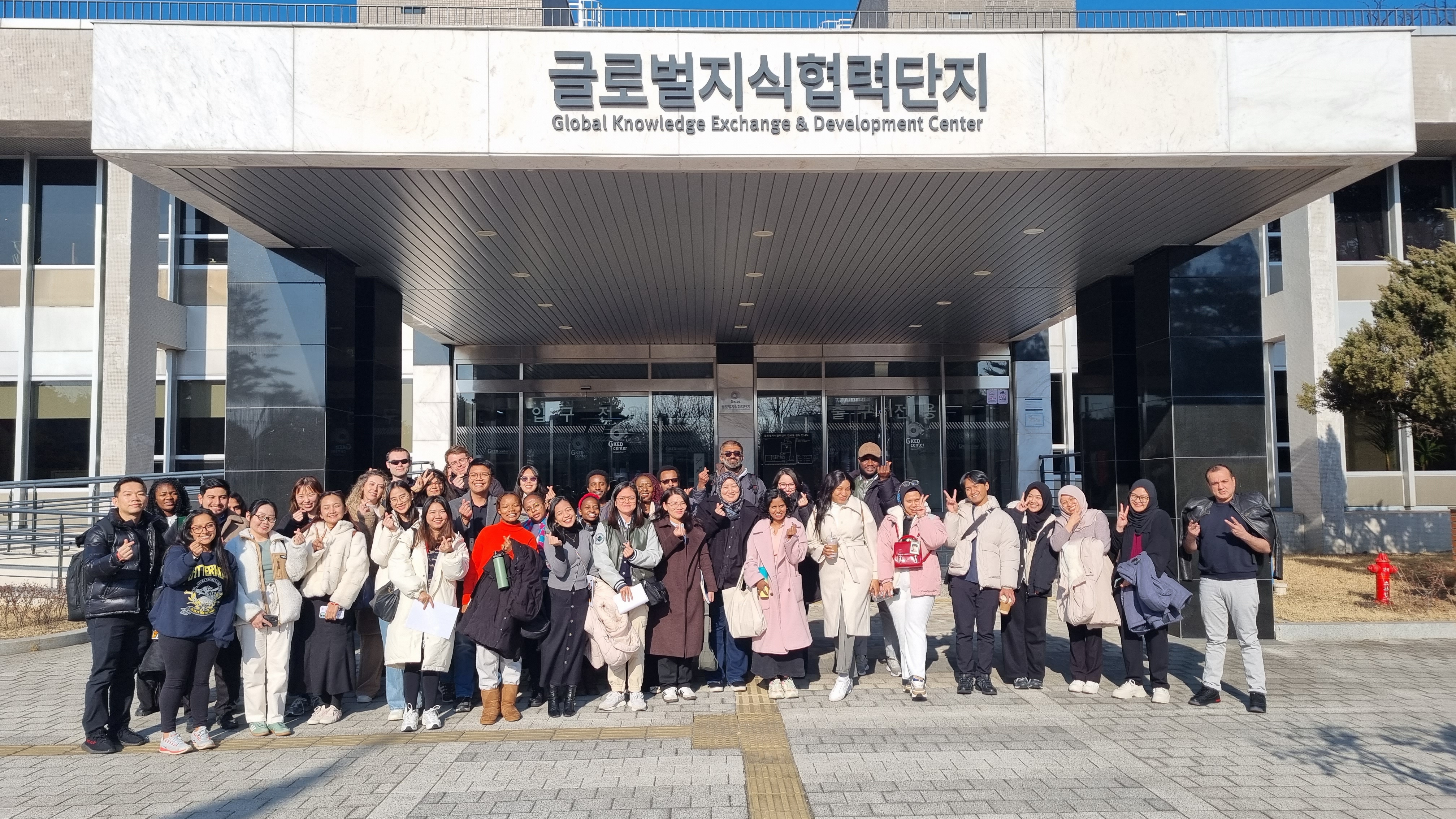
On Friday, 21st February, students from the KDI School visited the Global Knowledge Exchange & Development Center, a research and academic center in Seoul. Whilst the capital has a lot to offer, from beautiful sunsets by the Han River to bike rides at Seoul Forest, today’s trip’s destination is different. The center prides itself in holding Korea’s history, etched and digitally immortalized on its walls. It offers interactive learning programs on Korea's economic development, and hosts conferences and knowledge exchange events, such as the annual Knowledge Exchange Days (KED).
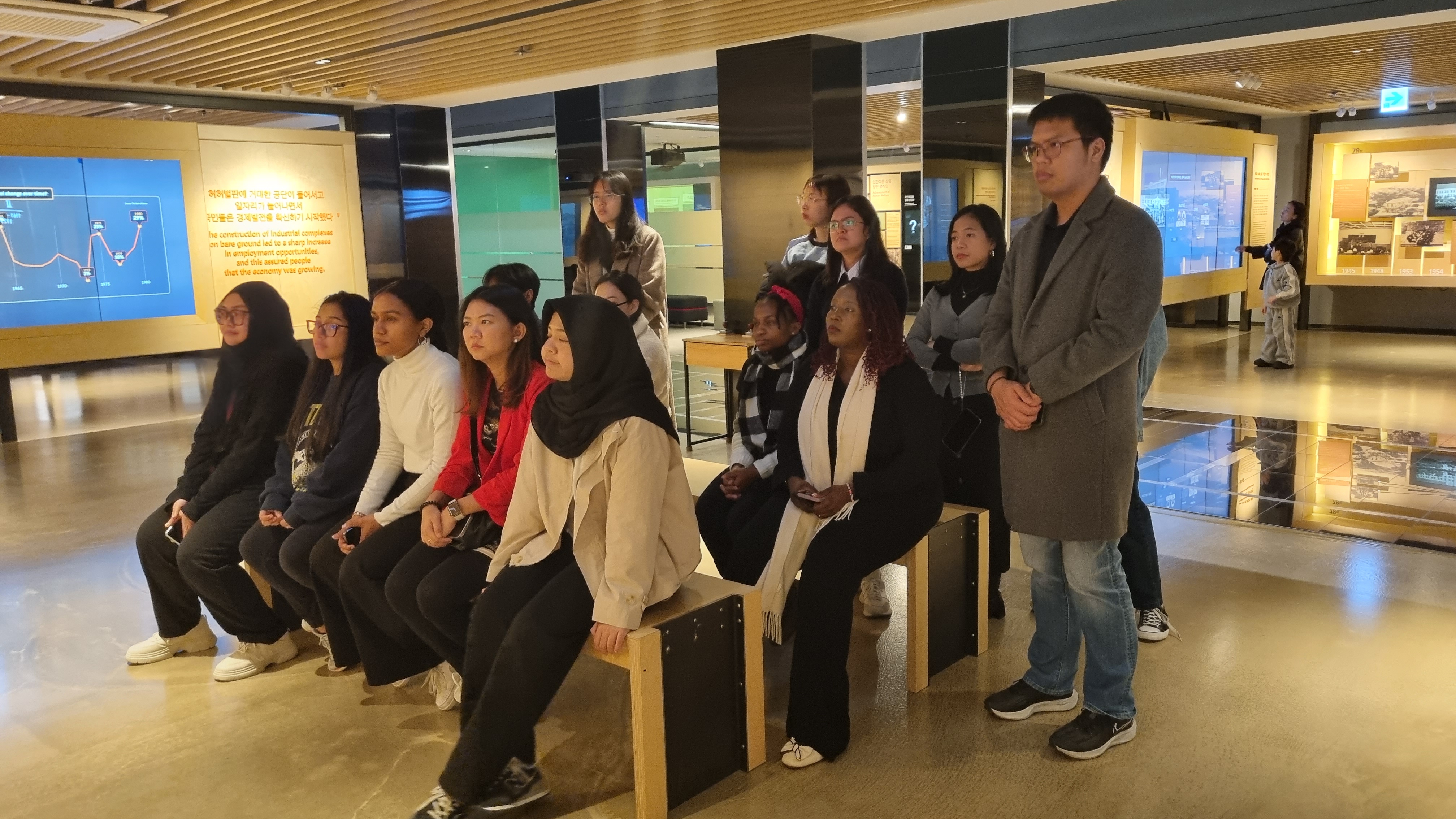
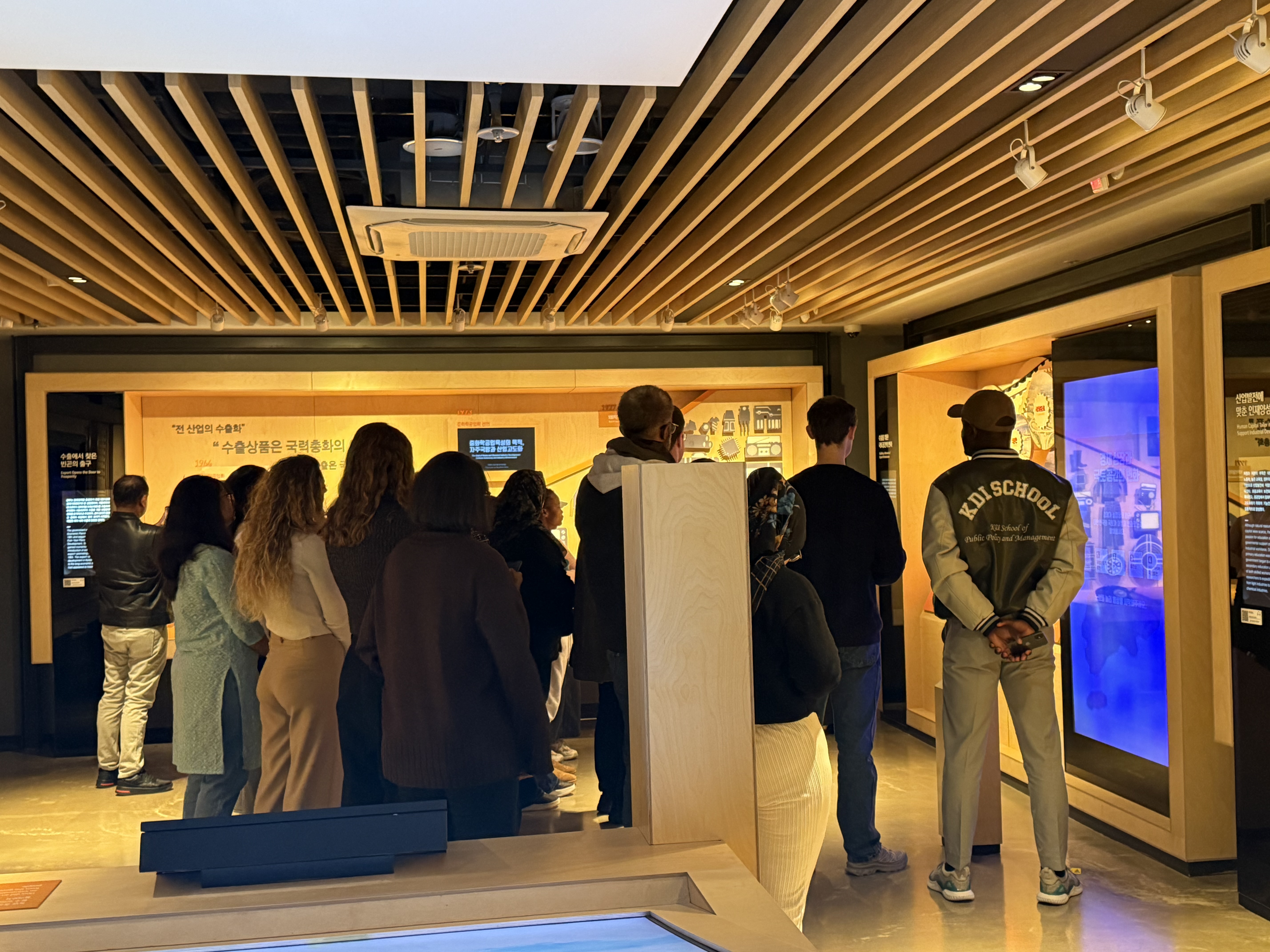
On arrival, we were briefed on the day’s activities and immediately divided into two smaller groups. We were taken around the center and introduced to various development sectors, sectioned into exhibition halls. From the economic development hall, industrial development hall, and human hall to the future innovation hall, Korea’s socio-economic development since 1945 was taught to us.
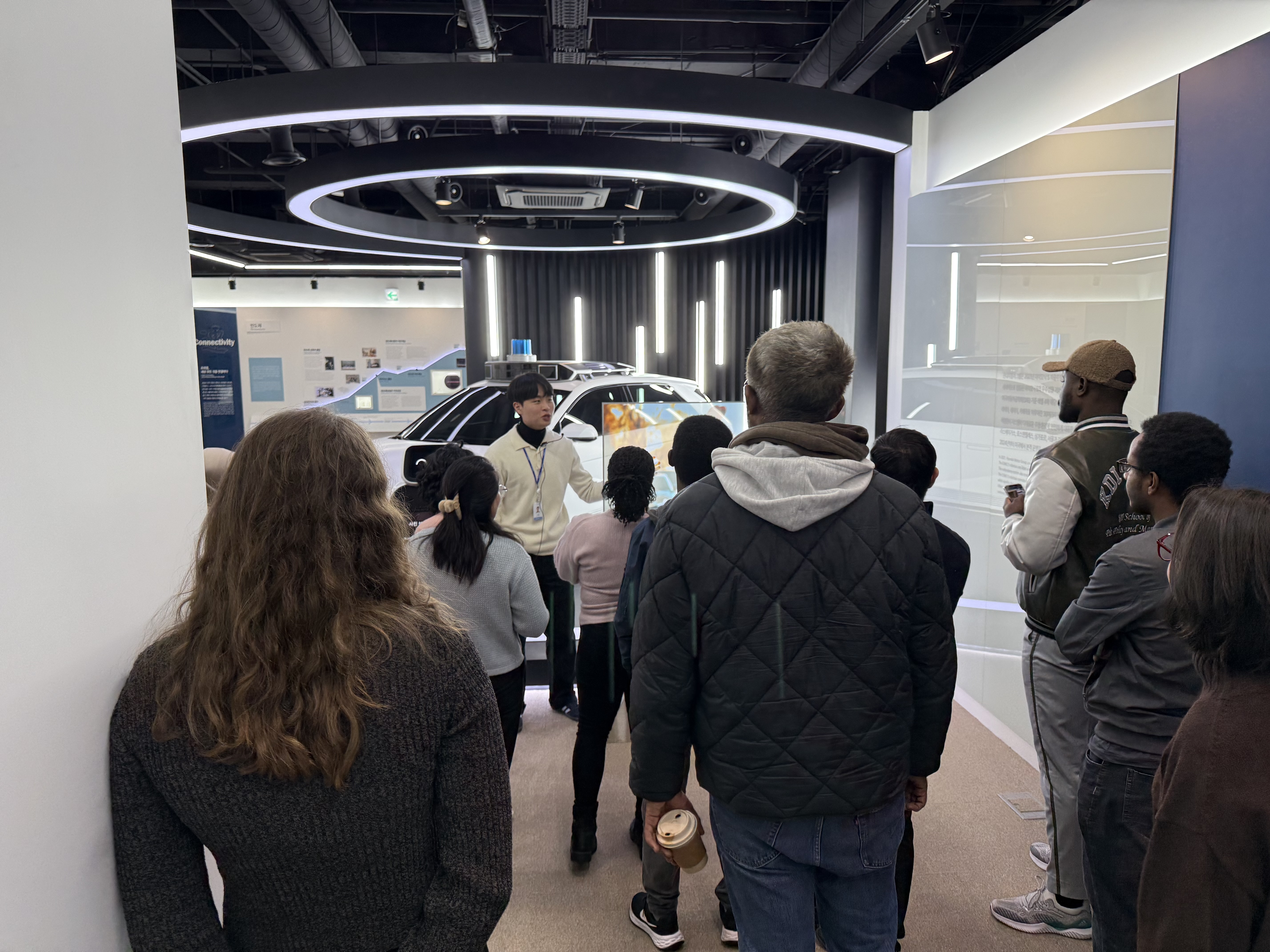
At the Industrial Development Hall, Korea’s technological advancements, from the Samsung SH-100 used during the 1988 Olympics to Hyundai’s IONIQ 5, were shown to us, as a testament to the nation’s resilience and vision.
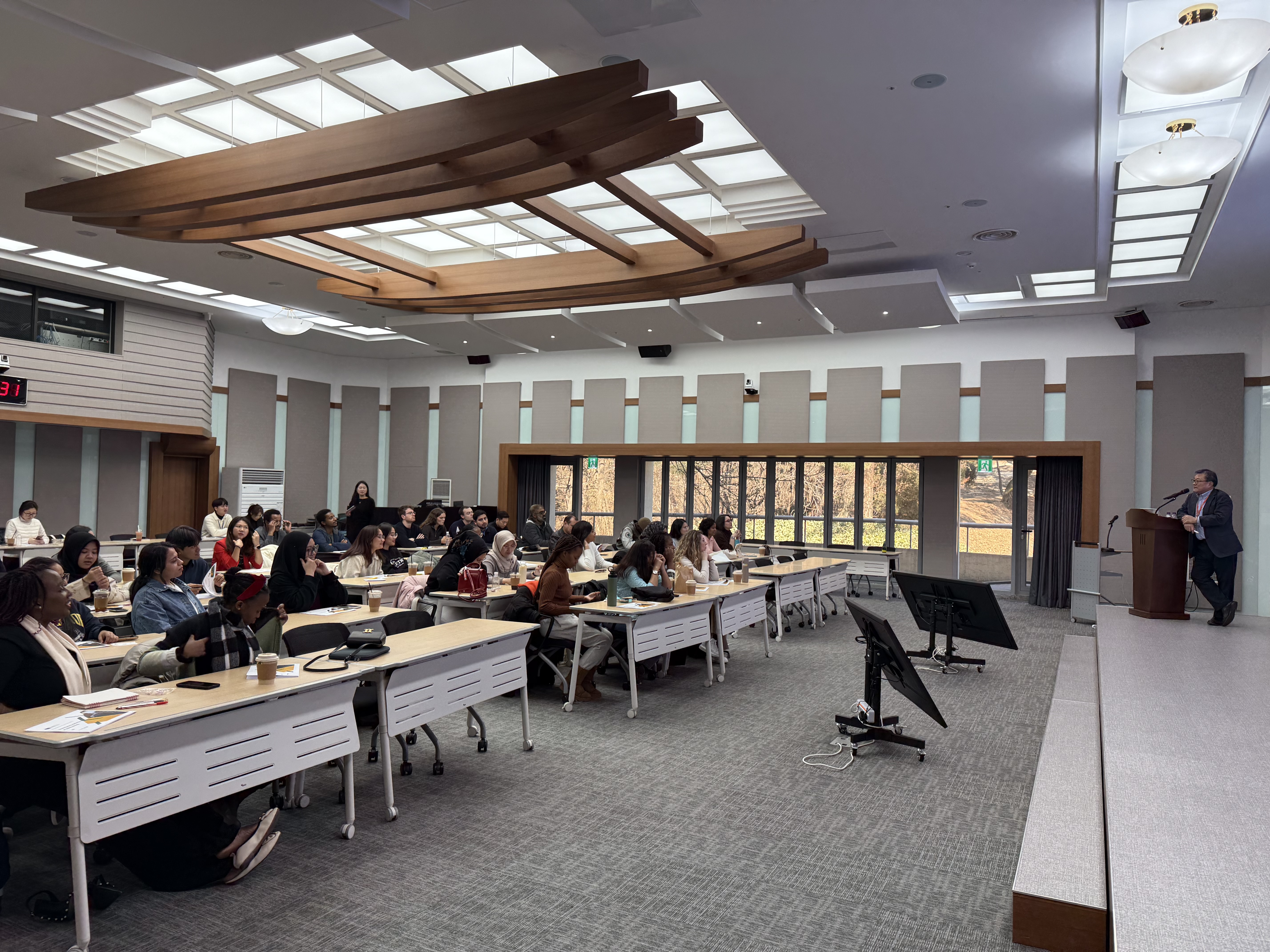
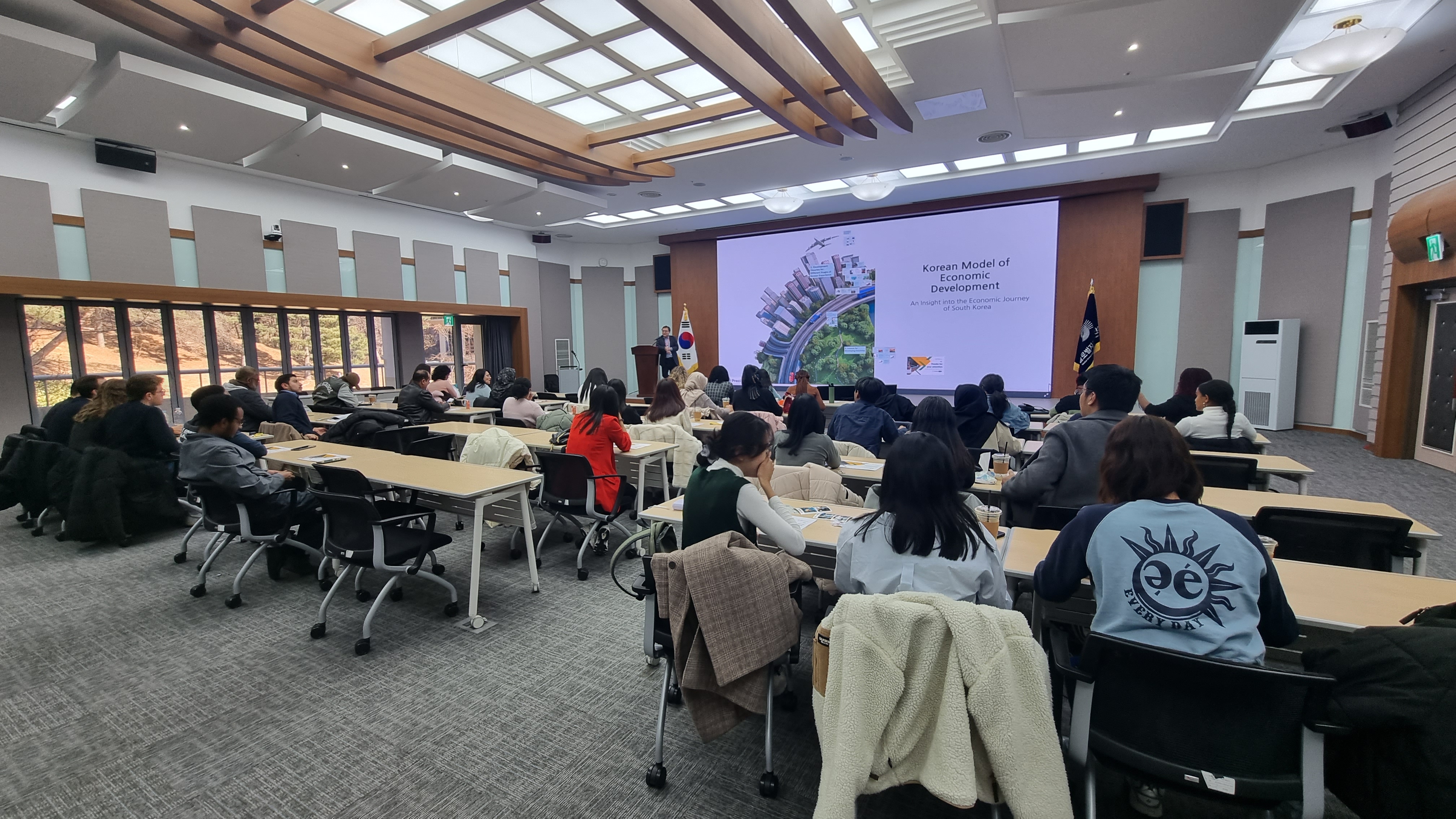
No visit would be truly complete without an in-depth lecture meticulously analyzing that development. In the afternoon, a 2-hour lecture was delivered by Mr. Byung Koo Cho, former senior research fellow at KDI, on the Korean model of economic development. The most significant insight picked from this lecture was the importance of formulating policies characterized by longevity, sustainability, and effective implementation. Given that most of us hail from developing nations, this lesson was particularly crucial to acknowledge.
So, what’s in it for the students? Why would these field trips matter? Why must learning institutions set aside budgets to facilitate such trips?
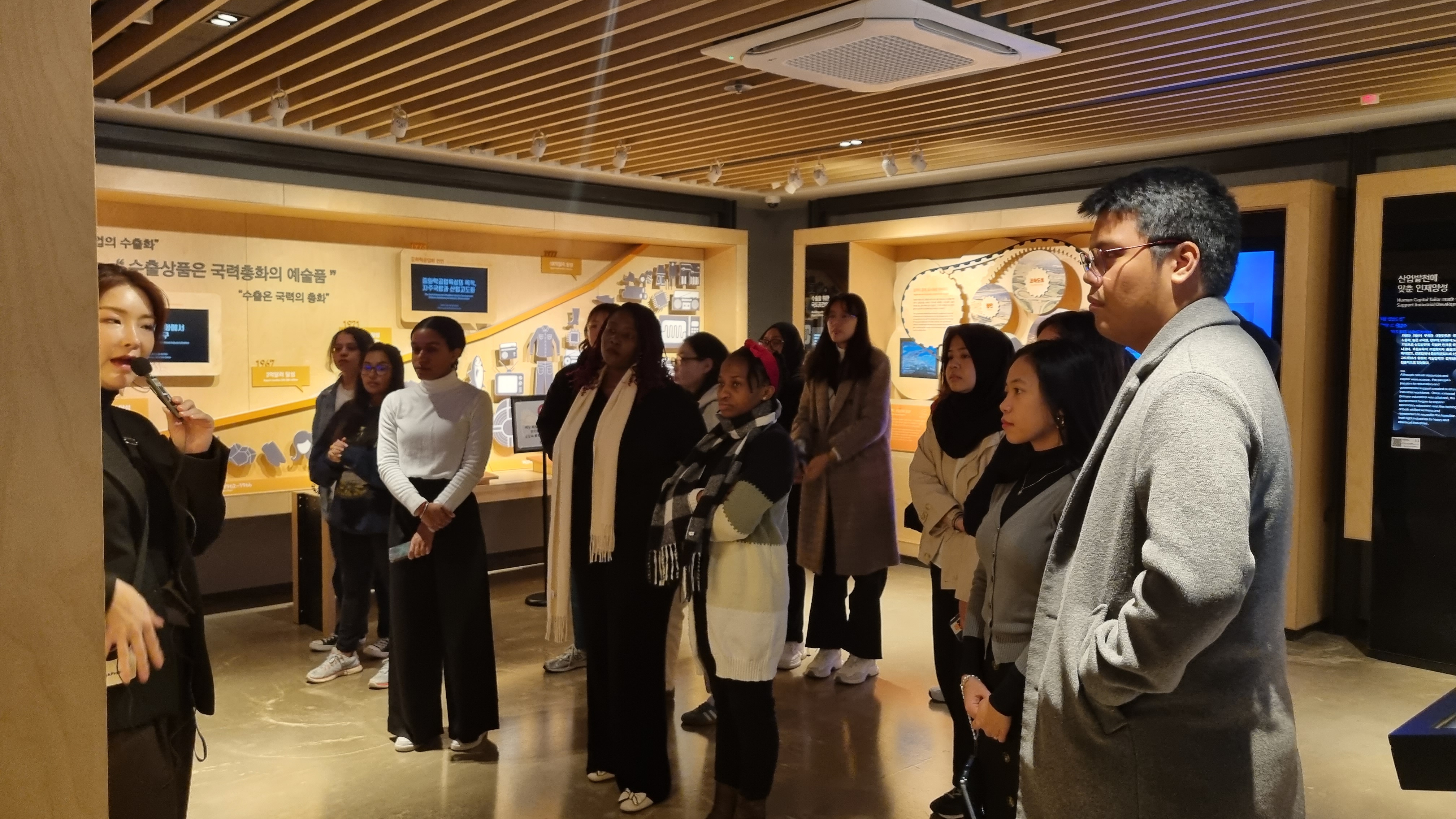
I think the first and most important is the hands-on, practical learning they offer to learners. Field trips at the graduate level serve as an invaluable bridge between theoretical learning and real-world application. Whilst classroom knowledge is imperative, field trips allow students to see the practical side of things and engage with the objects they study. A deeper appreciation and understanding of concepts held in books and spelled out through years of research and learning is gained. During my Korean Economic Development class delivered by Prof. Kim Joon-Kyung (current Dean of KDI School), we learned about Korea’s reforestation, the world’s most successful reforestation project so far. It sounded simple and doable until we were shown images of what Korea’s mountains looked like before…acres of bare contours.
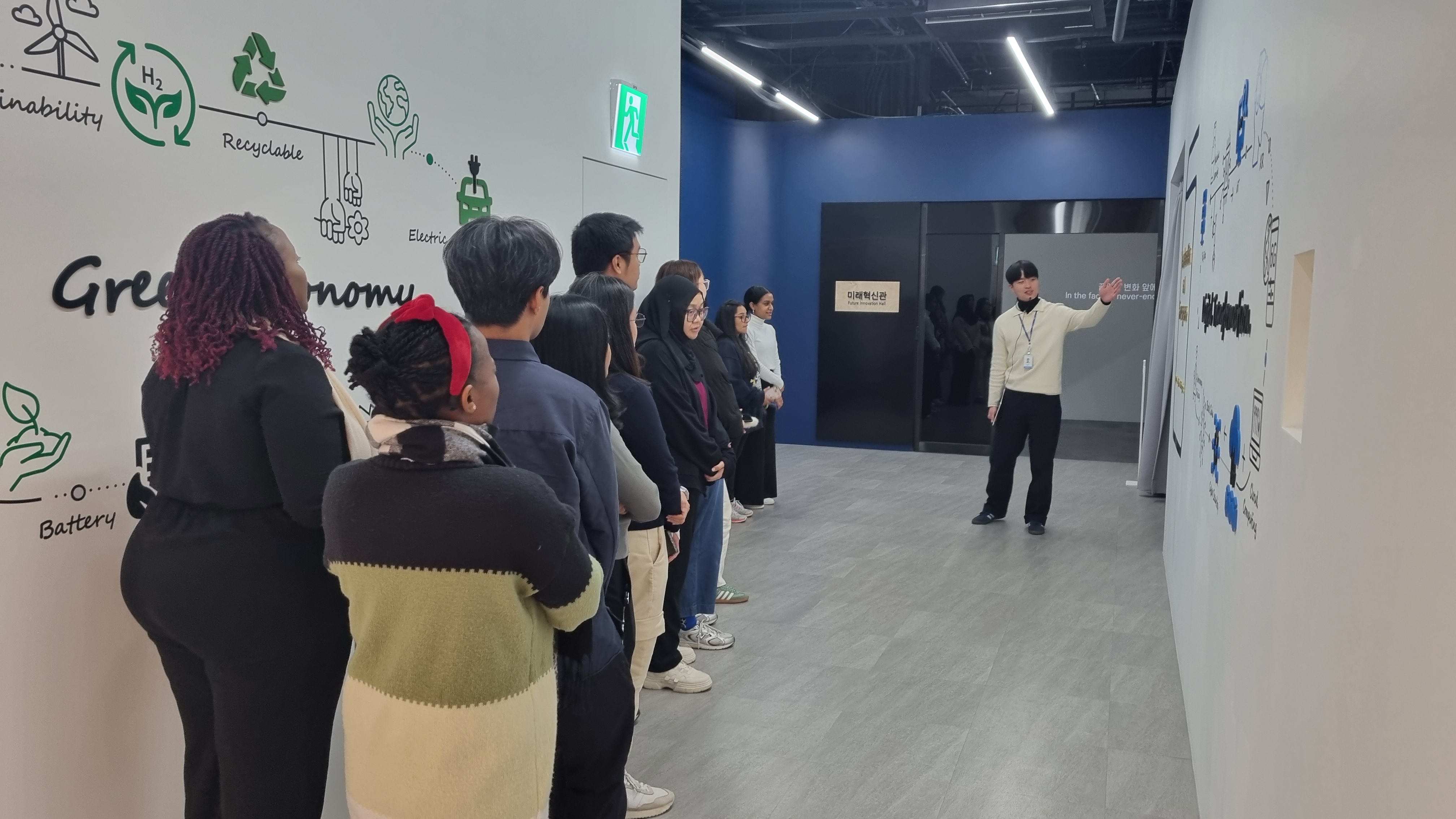
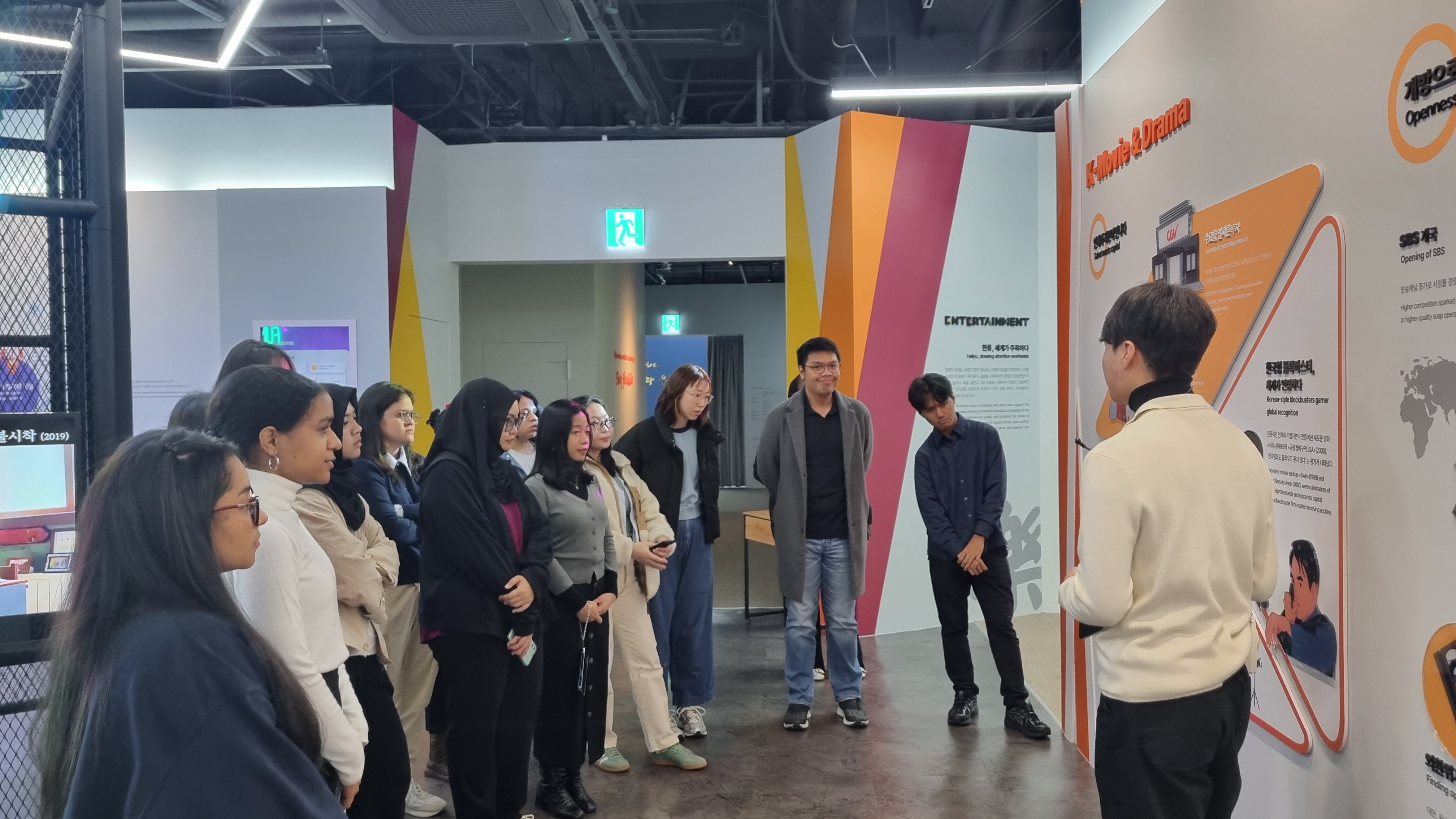
Beyond enriching academic understanding, field trips encourage critical thinking and analytical skills. Observing real-world scenarios provides students with a vantage point from which to question, compare, and synthesize information in a way that enhances their intellectual curiosity. Engaging with professionals, and experts provides a broader perspective, helping students contextualize their studies within global and societal frameworks. This interaction cultivates problem-solving abilities and adaptability—both crucial for success in research and professional careers.
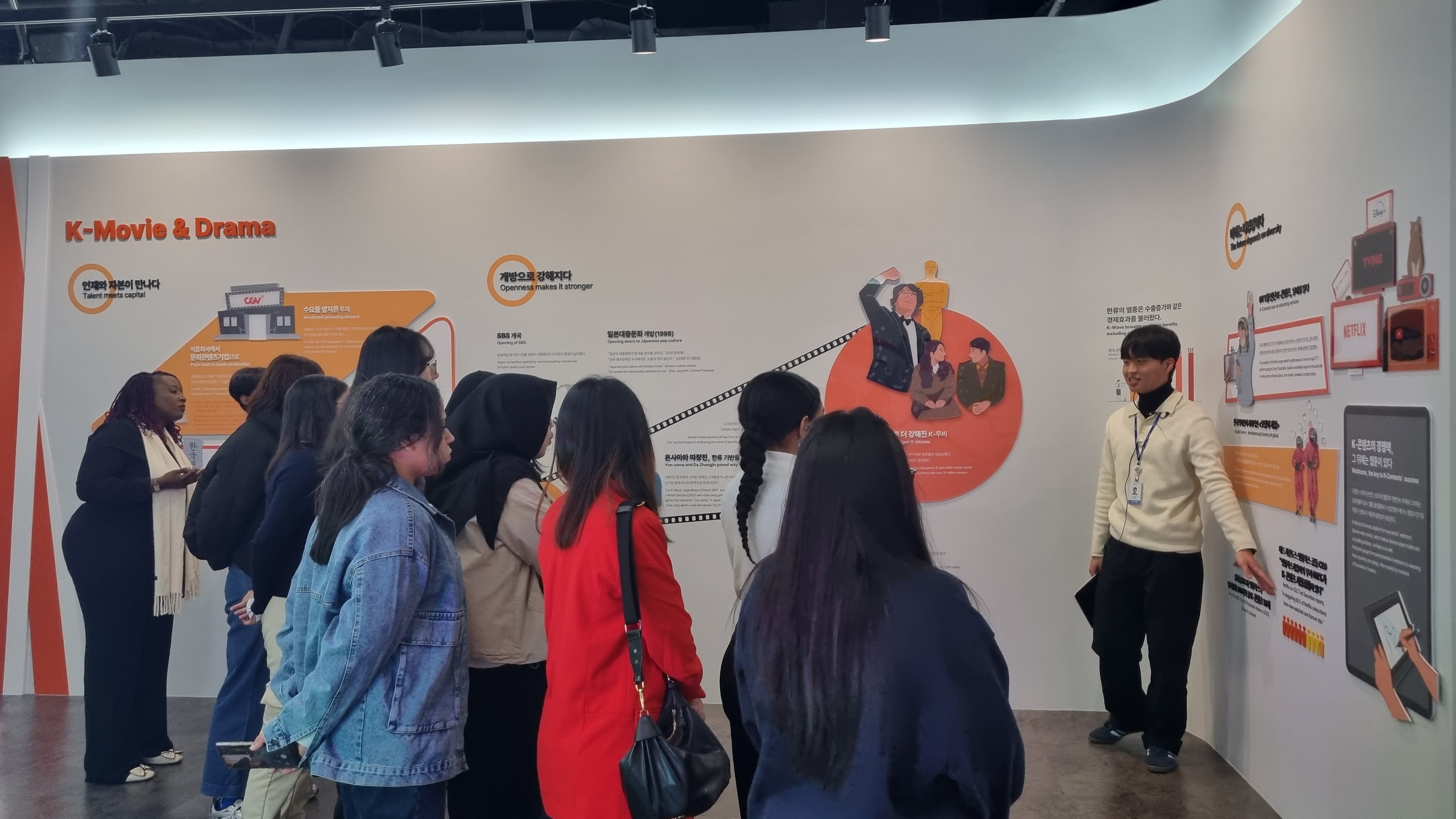
By integrating field trips into graduate education, institutions ensure that students not only absorb knowledge but also learn how to apply it effectively in their respective fields, preparing them to be well-rounded, impactful professionals.
In the evening, we journeyed back to Sejong, having gained a greater appreciation of a nation’s history and development: an understanding that beyond “the miracle”, was a nation’s tenacity and audacity to dream.
2023 Fall / MDP / Kenya
mulama.onyere@kdis.ac.kr
Related News
-
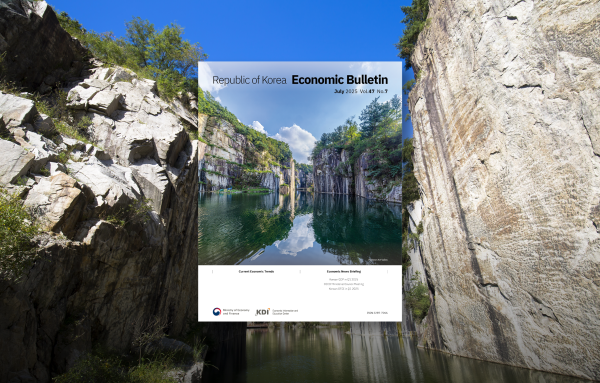
Research and Education13 days ago
Republic of Korea Economic Bulletin, July 2025#KDI #Economic #KDISCHOOL #kdischool #Economic Bulletin #Research
-
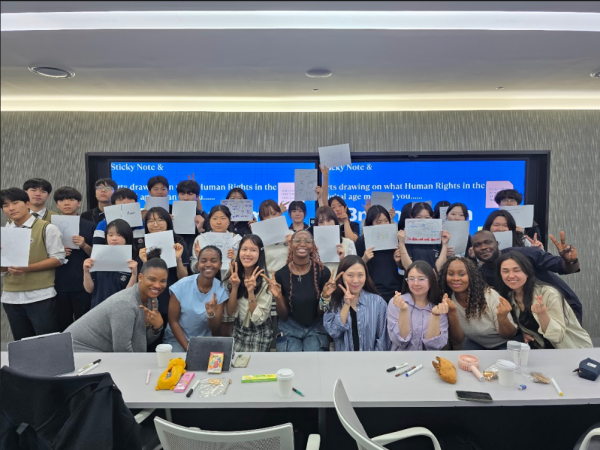
Story16 days ago
Summer 2025 Talent Donation Program: KDIS Forums Host Sejong High School Students#KDISCHOOL #KDIS #student #talent donation #student forums #student clubs
-
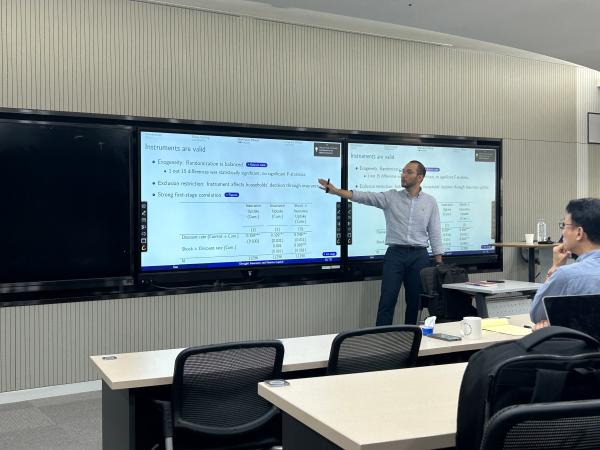
Research and Education17 days ago
Research Seminar by Hyuk Harry Son from Utrecht University

